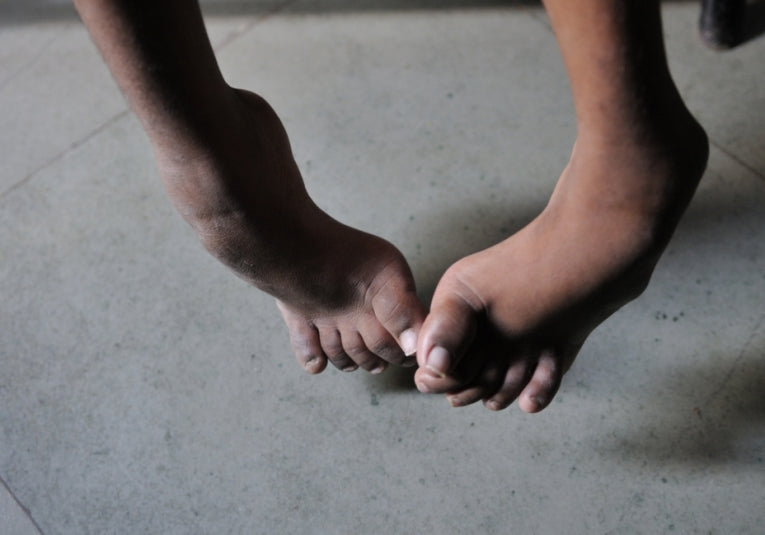On December 3 1984, more than 40 tons of methyl isocyanate gas leaked from a Union Carbide Company (UCC) pesticide plant in Bhopal, India, immediately killing at least 3,800 people (fatalities are disputed) and causing significant morbidity and premature death for thousands more. The leak caused horrific injuries including respiratory difficulties, immune and neurological disorders, cardiac failure, female reproductive difficulties, and birth defects. Union Carbide's (now DuPont) negligence would be determined in a long drawn out legal battle.
Finally in a settlement mediated by the Indian Supreme Court, UCC accepted responsibility and agreed to pay $470 million to the Indian government to be distributed to claimants as a full and final settlement. By 2003, according to the Bhopal Gas Tragedy Relief and Rehabilitation Department, compensation had been awarded to 554,895 people for injuries received and 15,310 survivors of those killed. The average amount to families of the dead was $2,200.
Bhopal's children still suffer from neurological and physical defects, due to legacy chemicals - chemicals that continued to exist - in their drinking water. Recent photographs by Alex Masi (CNN Oct 17th, 2012) brought the continued suffering of the Bhopal community to new generations.
Two years after Bhopal, the United States Congress established the Emergency Planning Community Right to Know Act, to minimize the effects of potential toxic chemical accidents. It provides the public with information on toxic chemical releases in their communities. Section 13 of the Right to Know Act established the Toxic Release Inventory, which requires specific industrial facilities (e.g., manufacturing, metal and coal mining, electric power generation) to report on toxic chemical releases to air, water, and land. Facilities manufacturing more than 25,000 pounds annually of a TRI-listed chemical are required to report to the Federal Environmental Protection Agency. Chemicals considered bio-accumulative and toxic (PBTs), such as lead and mercury, have lower reporting thresholds.
With a computer screen touch, communities, academics, news media, businesses, and NGO's are now empowered to make informed decisions on toxic chemicals released to air, water and land. The TRI database provides access to over 650 chemicals from 23,000 U.S. industrial facilities. Additional information can also be analyzed regarding how facilities manage those chemicals through recycling, energy recovery, or treatment.
TRI data helps advance broad policy efforts to improve health and standards of communities impacted by high levels of toxic chemicals. Unfortunately, many of these communities live below the federal poverty line and are struggling to survive. The EPA recognized the importance of training residents on TRI, and launched community engagement pilots in Tonawanda, NY, South Philadelphia, PA, North Birmingham, AL, and Jurupa Valley, CA.
Tonawanda is home to 53 facilities regulated under the Clean Air Act, including a foundry Coke plant, two petroleum distribution terminals, and multiple trucking depots. Tonawanda residents discovered that TRI releases were to air in their community, and many cause cancer. (see the following 2010 TRI information)

Tonawanda residents are educated with TRI training, so they can advocate change in the environment and public health of their communities. The EPA community engagement pilots were so successful that clean air advocates from Tonawanda were invited by the United Nations to provide training, in Geneva Switzerland, to community members from Kazakhstan, Cambodia, Honduras, Peru, Ecuador, and the Ukraine.










